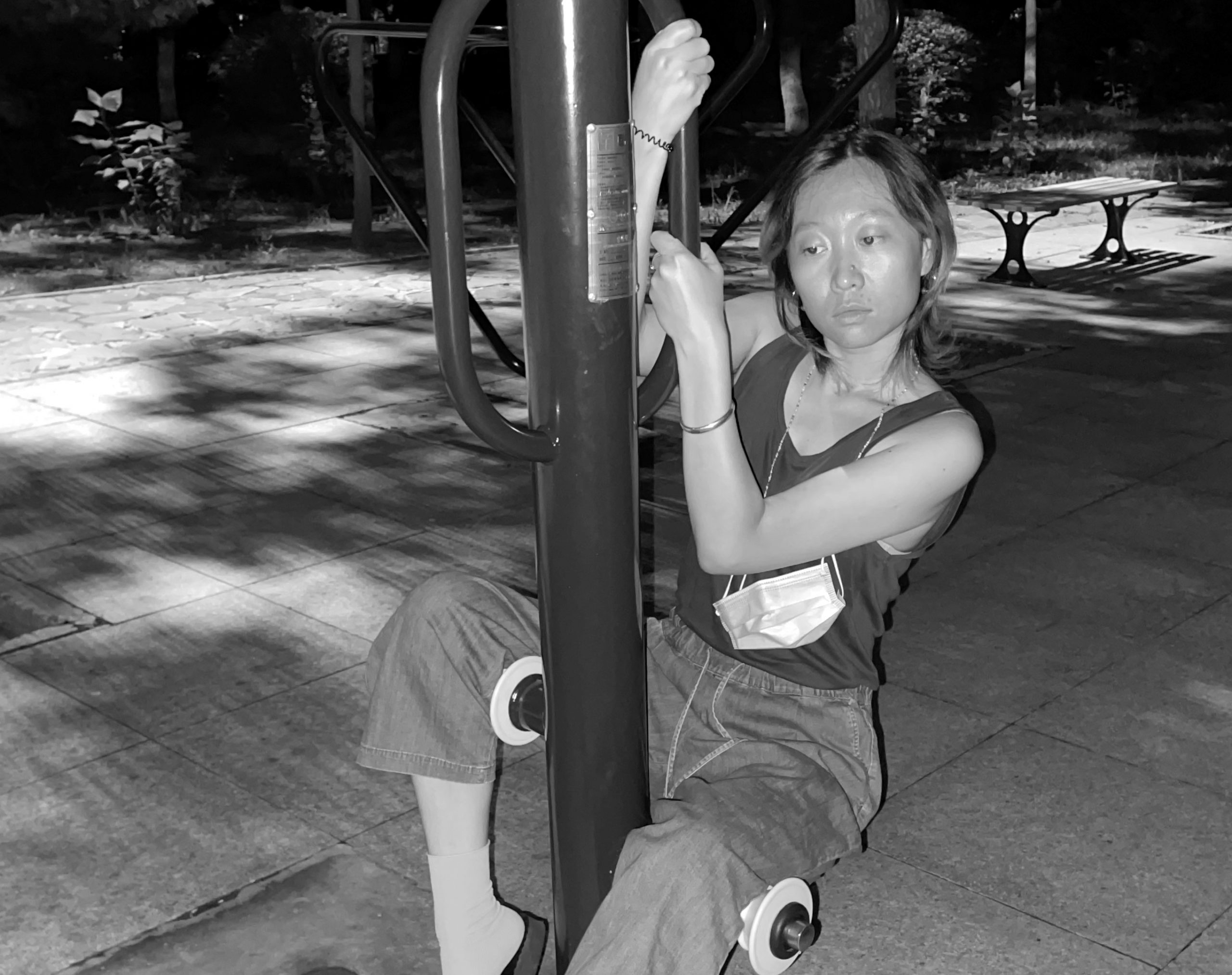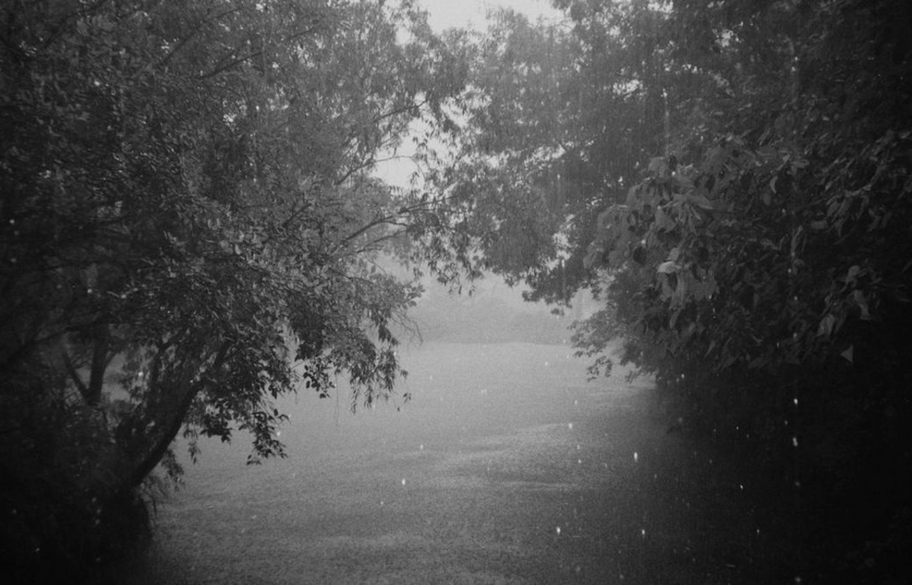China (PRC), Film, 2024
Zheng
Lu Xinyuan

Zheng Lu Xinyuan is a filmmaker based in Hangzhou, China. Her growing oeuvre carries a distinct feminist sensitivity and criticality, visualizing the asynchronicity of compressed urban strata and fabrics—the undercurrent emotions of the single-child generation negotiating memory, intimacy, and longing in post-socialist and post-market reform urban China.
In her most recent feature film, Jet Lag (2022), which premiered at Berlinale Forum 2022, Xinyuan embarked on a journey tracing a family mystery; this took her to Myanmar, where her great-grandfather had migrated for business in the 1940s but subsequently broke off family ties and converted to Buddhism. Shot freely with a handheld DV recorder and her cellphone, the film contextualized her trip in fragments of pandemic quarantine hotels, her intimate and social life as a queer artist, and the breakout of Myanmar’s latest military coup and social uprising, which separated her again from newly reunited relatives. The absence of the father figure was clearly in parallel with the different generational women negotiating their loss and memories, as well as the continued endurance of resurgent patriarchal violence in varied forms, ranging from the figurative violent father recalled by her intimate partner to the authoritarian regimes as the elephant in the room.
Xinyuan’s reflective and relational style was already very distinct in her feature debut, The Cloud in Her Room (2020), which won her the Tiger Award at the Film Festival Rotterdam. In this intimate portrait of a young woman’s homecoming and its imminent collapse, she experiments with a multiplistic, hybrid approach, mixing her own sensorial memory of home with documentary footage and fictional directions. Trained at the USC School of Cinematic Arts in Los Angeles, Xinyuan creates moving-image works that are often crafted with precise cinematic techniques, but also move beyond industrial doctrines and closer to small-scale, social-psychological performance experiments with amateurs who are cast close to the roles and co-created through location scouting and scene improvisations. Film thus becomes a safe yet enchanting meeting place, a playground, and a commoning space.
Xinyuan’s films foreground the body’s presence and its sensorial energy flow. The Chinese metropolis is animated, eschewing the bio and abiotic boundaries, where the seasonal temperature, the weathered socialist constructions, and the forceful demolitions are all in keeping with characters’ internal status. Her works are personal but not quite autobiographical, as there is no stable standpoint to reminiscence from, reconcile, and repair. It is about the proximity of living through certain feelings that the filmmaker wants to archive and share—a sensorial embodiment of the technicality and materiality of cinema. This momentum of feelings also makes her films contribute to a larger feminine intersubjectivity across class and generations. We can sense a similar longing, anxiety, and self-negotiation in a middle-class overseas art student seeking her first love (Niu in the Last Day of Fall, 2017); an actress in the process of filmmaking who is simultaneously orienting herself in a new city and dealing with confusing desires in her relationship with the foreign director (A White Butterfly on a Bus, 2018); and a young migrant leaving a Guangzhou urban village who narrates video diaries of her unfulfilled new year wishes (Just Like any Other Night, 2022).
As a filmmaker in the transition of independent Chinese cinema movements and the emerging new mode of filmmaking that wrestles with pressing domestic censorship, Xinyuan has been adapting her practice by making socially engaged video-art projects with migrant youth, circulating and discussing her works in community spaces, and providing alternative cinema education through grassroots film workshops. Xinyuan lives honestly and shares her unflinching creativity and ingenuity in sensing and questioning the cinema worlds and beyond.
Text: Zimu Zhang


